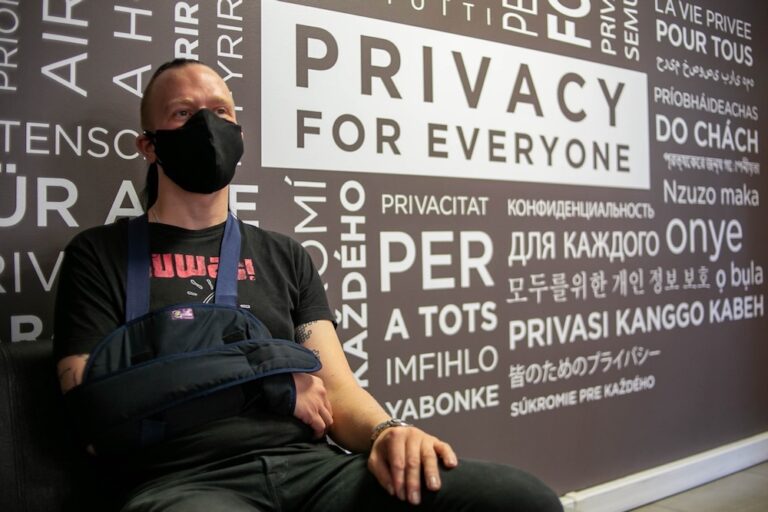The Inter American Press Association (IAPA) said on 26 January 2014 it trusted that a lawsuit that Ecuador’s Constitutional Court admitted on Thursday 23 January arguing that the Organic Communication Law is unconstitutional will reopen the debate in the South American country.
The Inter American Press Association (IAPA) said on 26 January 2014 it trusted that a lawsuit that Ecuador’s Constitutional Court admitted on Thursday 23 January arguing that the Organic Communication Law is unconstitutional will reopen the debate in the South American country on a piece of legislation that allows the government to silence independent and critical voices.
The suit was filed last September by 60 people, among them politicians, former judges, members of Congress, journalists and authors, arguing that the law contravenes what is established in the Constitution, international treaties on human rights and rulings of the Inter-American Human Rights Court concerning freedom of expression.
Claudio Paolillo, chairman of the IAPA’s Committee on Freedom of the Press and Information, declared, “This action gives rise to hope that in Ecuador there will be reconsideration of a piece of legislation that has become a muzzle of the independent and critical press and individual journalists and, in the best of cases, an incentive to practice self-censorship out of fear of financial and criminal reprisals.”
The current lawsuit contains 23 rebuttals to the law. It claims irregularities in the process of passing the law in Congress, which defines information as a “public service,” something not contained in the Constitution, and the suit accuses the government of taking upon itself the non-existent power to regulate “the exercise of the rights of communication.”
On Wednesday (January 22) President Rafael Corea signed into law the legislation passed on June 25, 2013. The next day, the Constitutional Court, while admitting the lawsuit, ruled not to suspend application of the law while the hearing of the suit is under way. In July last year the Court had admitted another lawsuit claiming unconstitutionality in which 52 of the law’s articles were challenged.
New concern
In another development Paoillo said the IAPA was closely watching legal proceedings against journalist Fernando Villavicencio, whose sentencing to 18 months in prison on a criminal charge of contempt of President Rafael Correa was upheld last week. Opposition member of Congress Cléver Jiménez was also convicted on the same charge.
In 2011 the two had accused the President of alleged crimes against humanity during the police uprising of September 30, 2010.
The sentence requires them to pay indemnity and cover President Correa’s legal costs, apologize and publish the ruling in four news media outlets.
In connection with this case this week cartoonist Xavier Bonilla of the newspaper El Universo was summoned by the Information and Communication Superintendency – a body created under the new Communication law – over a cartoon alluding to this case and he was later to be called by President Correa a “sick ink hitman.”
The majority of cases dealt with by the body since it was created on October 8 last year have been brought by the government and its allies or motivated by President Correa, as in the Bonilla case.
This confirms the argument of the IAPA and other allied institutions that this law was conceived to restrict press freedom and armor-plate the government from criticisms.


